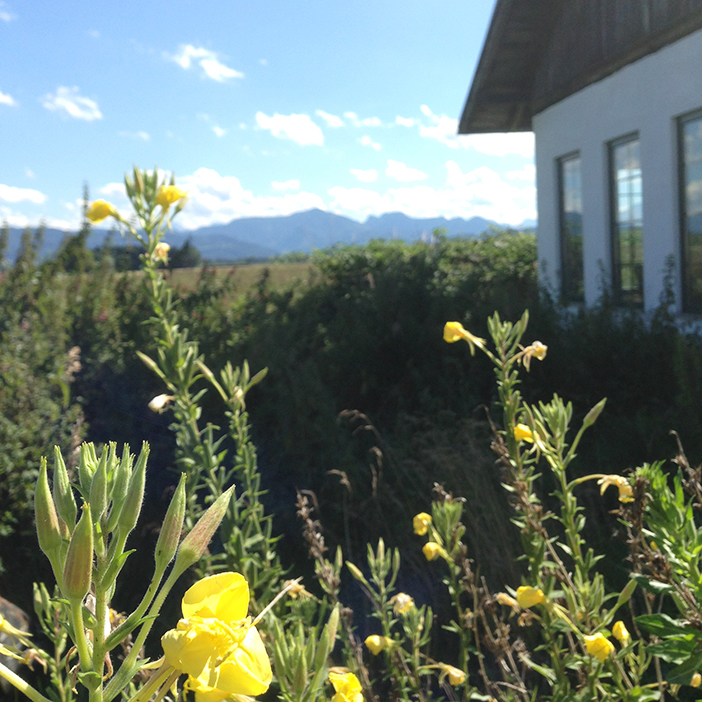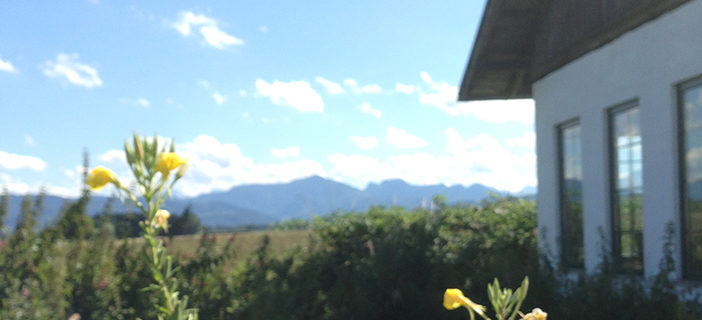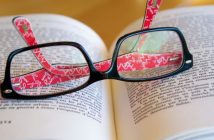A change of scenery
As we leave on the plane from Beijing to Vienna, we leave behind chaotic streets, buoyant markets, the shrill echo of Chinese, and one high-rise compound after the other. The sounds, smells, and people of China make space for those of Austria, a place seemingly more tranquil, but also less pulsating and much more rigid.
When I take my two-year-old son back to Austria, I’m mentally prepared that both of us will experience some kind of culture shock – he probably even more than me. To me this is only one of many recent journeys back home and I’m used to the change of routines. Even though he was born in Austria and lived there for part of his life, life in China is what he remembers now.
Country to country transition

It is the change of daily routines that initially makes the transition hard on him. From spending a lot of time with his Chinese grandparents, to spending the whole day with me, there are numerous rules he has to re-adjust to. A part of these rules are individual rules I set, a part shows a bigger and more culturally influenced picture. The way his Chinese grandma bathes him – using a wet cloth and washing him as though it was the beginning of a sports competition the second he sits down in his little bathtub – not giving him any time or space to move, play, or just soak in the water – seems like a reflection of contemporary life in China’s cities – intense and fast. The way I wash him is quite different and shows some cultural influence from how I grew up – letting him soak, play, and wash himself at a much slower pace, sometimes helping out a little at the end when he calls for me to help him out of the tub. It can be the same with some of the rules we set.
To make the transition of going back to Austria easier for him, I talked a lot about where we were going to go, how we’d get there, whom we’d see and what those people would play with him – months in advance. He loved guessing which fruit you can pick from the trees in my dad’s garden and which animals he’d be able to see at the zoo near my mom’s place. After a week or two in Austria, he feels confident with the new routines and more and more German sentences find a way into his speech.
The differences in culture don’t seem to bother our son as much as I expected they would. Although he misses his dad and grandparents who stayed behind in China, he adjusts fast. A much bigger change for him – one very interesting to watch – seems to be that between life in the city and life in the countryside.
Taking a city child to the countryside

When we take the train from Vienna to the place I grew up at in Austria’s alpine upland, passing one mountain and one tunnel after another, our son translates “tunnel” to 车库, parking garage. Certainly, that is what a “hole in the mountain” must be. In the evening, we stay at my dad’s place – an old farmhouse converted into a contemporary family home, a place that once housed our family of ten, two parents and eight kids. Upon arrival, two skinny black and white cats welcome us. “Little dogs,” my son exclaims excitedly. You can see little dogs frequently in Chinese cities. Cats, although a most familiar memory to me growing up in the Austrian countryside, not so much. As the sky turns from blue to purple, and dark clouds appear high above us, we can hear the sound of thunder in the distance. “Airplanes,” my son tells me confidently. In China, we live nearby a military airbase and frequently hear the deafening sounds of low-flying military airplanes.
I thought a lot about how I could make the transition from China to Austria easier for our son, thinking in larger terms of culture, language, food, and people. What I didn’t reckon with was that to him, the change from city to countryside would be much bigger than that from one country to another. He grows up with both Chinese and Austrian culture, language and food at home, and although the majority culture changes with the place, both are an integral part of him. But he grows up in the city, not the countryside, and the city has shaped his life so far. He uses what he has learned in the city and connects it to what he sees in the countryside. I don’t interfere and let him make his own experiences. When my son slowly walks across the meadow surrounding my dad’s place, he reminds himself in Chinese, repeating what he has been told over and over at the local park in China, “不要踩花,”don’t step on the flowers, an almost impossible task on this meadow growing wild with flowers of all shapes and colors.
Photos courtesy of Ruth Silbermayr-Song
Ruth Silbermayr-Song is an Austrian illustrator, German teacher and mother of a 2-year-old. She writes about life in China as a foreign woman, her cross-cultural marriage, and child rearing bridging cultures and languages on her blog China Elevator Stories. Her story of being pregnant and raising her son in China will appear in the anthology “Knocked Up Abroad Again – Baby bumps, twists and turns around the globe”.





1 Comment
Pingback: Cultural Adjustment, Spoiling Kids, Countryside Culture Shock and more on Beijing Kids - China Elevator StoriesChina Elevator Stories